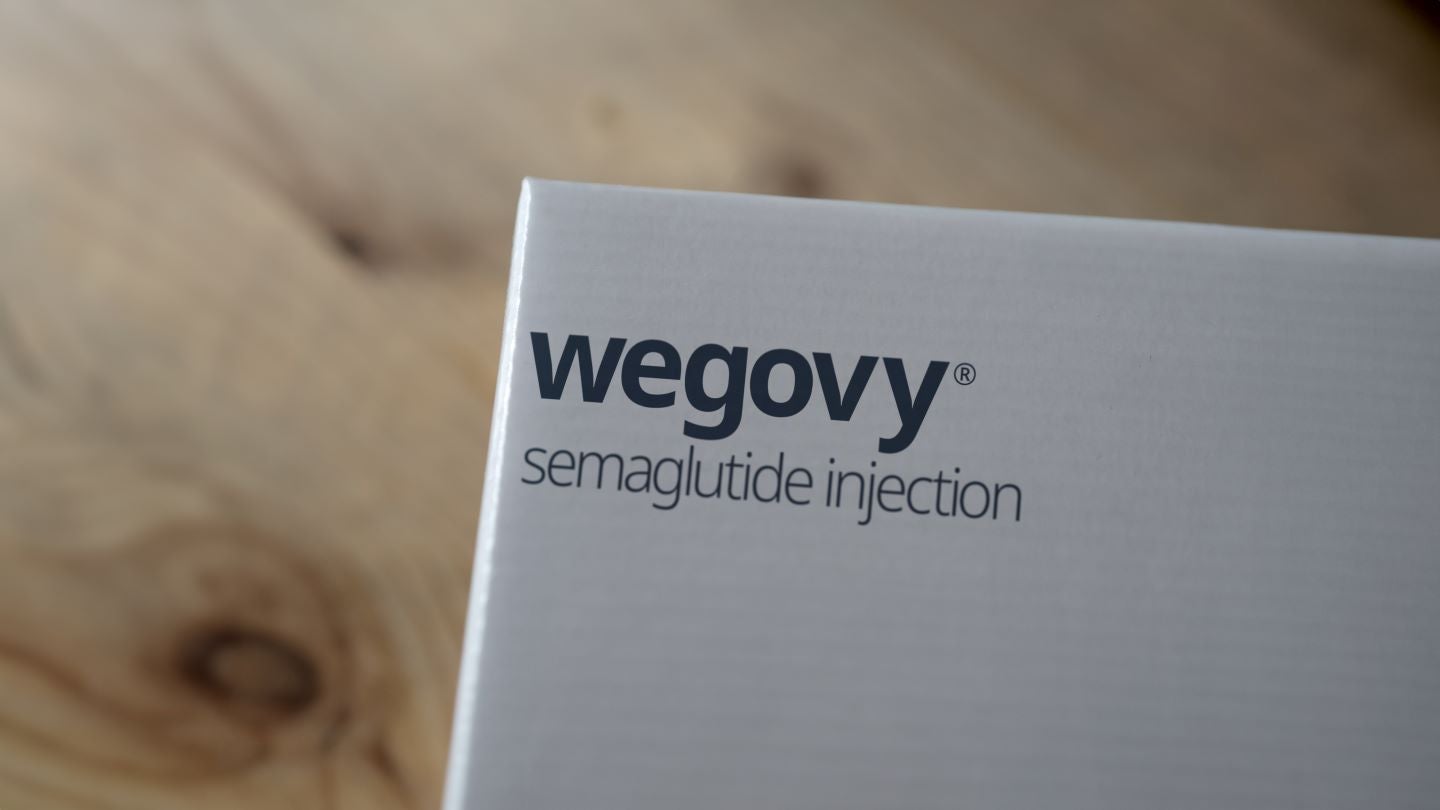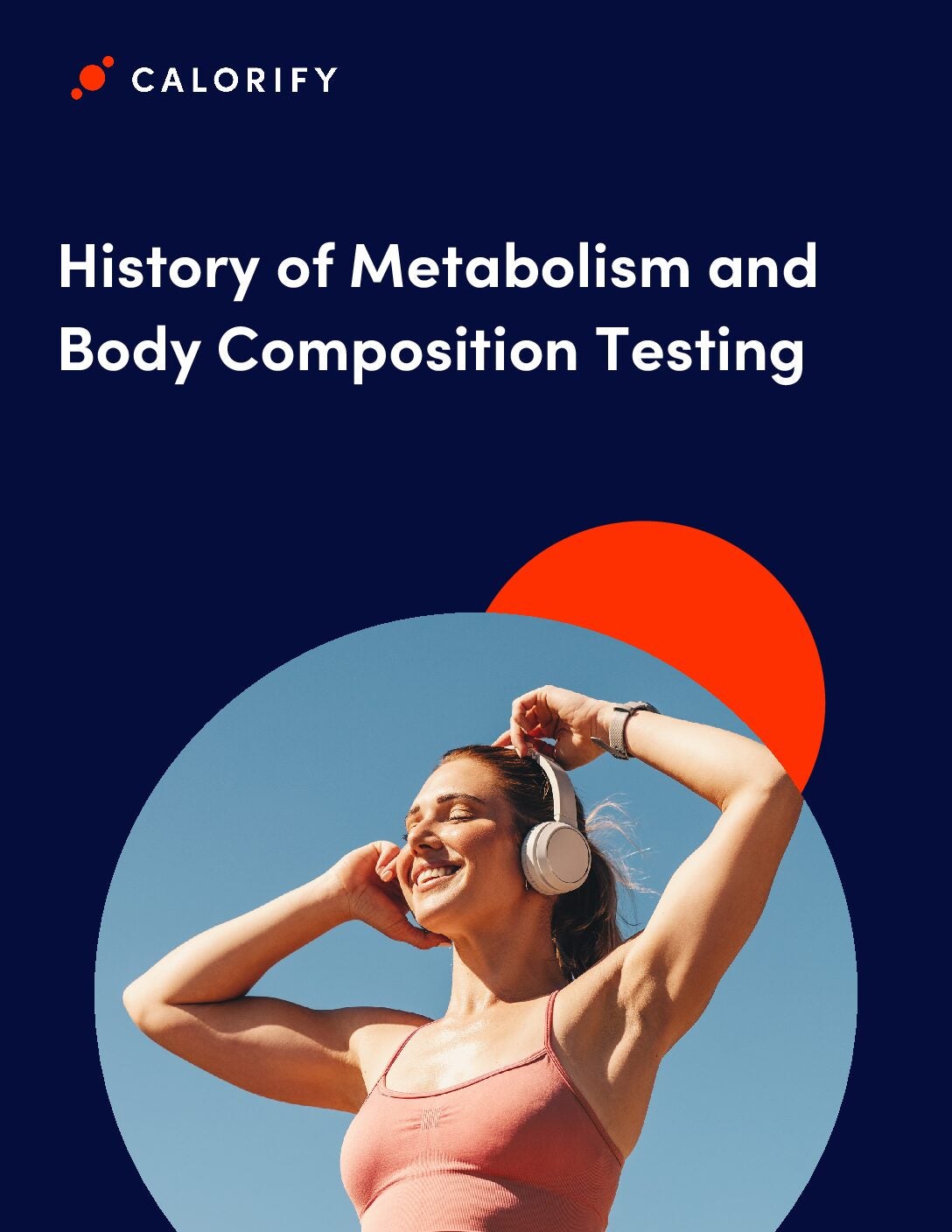On 8 November, Eli Lilly received FDA approval for Zepbound (tirzepatide), its glucagon-like peptide-1/gastric inhibitory polypeptide (GLP-1/GIP) dual agonist for patients with obesity. Novo Nordisk’s GLP-1 agonist Wegovy (semaglutide) had until now monopolised the obesity market, but tirzepatide is expected to have higher efficacy than semaglutide, due to its dual agonist properties, and thus the Danish company could lose its market share to its competitor. Novo Nordisk has consequently launched a new Phase III trial, which is set to compare the efficacy and safety of the maximum dose of Zepbound to its late-stage therapy CagriSema, a fixed-dose combination therapy of 2.4mg semaglutide with 2.4mg cagrilintide, in obesity patients. Cagrilintide is a long-acting amylin analogue potentiating semaglutide’s weight loss effects.
According to a Phase II trial of CagriSema (NCT04982575), the combination therapy caused a decrease in bodyweight at Week 32 of treatment by 15.6% from baseline. On the other hand, in the SURMOUNT-1 Phase III trial (NCT04184622), Zepbound caused a bodyweight decrease at 72 weeks of 15% from baseline at the lowest dose, and 20.9% at the highest dose (15mg). These results suggest that CagriSema is likely to cause a bigger change in body weight from baseline than even the highest dose of Zepbound, in a fixed amount of time.

US Tariffs are shifting - will you react or anticipate?
Don’t let policy changes catch you off guard. Stay proactive with real-time data and expert analysis.
By GlobalDataThe launch of this Phase III comparative trial by Novo Nordisk might imply that CagriSema and Zepbound are expected to become direct competitors once Novo Nordisk’s candidate reaches the market. Zepbound is specifically approved for patients with a body mass index (BMI) of 30 or higher (obese), or overweight patients with one or more weight-related comorbidities such as type 2 diabetes, high cholesterol, high blood pressure, respiratory problems, or cardiovascular disease. Since CagriSema is still in clinical development, its future patient population has not been specified yet. However, in clinical trials, the combination therapy is being studied in both obese and overweight patients, and thus we can expect it to compete for the same patients as Zepbound once approved.
With the entrance of Eli Lilly’s Zepbound into the obesity market, Novo Nordisk expects to face competition over its market share, which is currently owned by Wegovy. To combat this, the company is advancing new pipeline drugs for the treatment of type 2 diabetes and/or obesity, and has set out to challenge Zepbound in a comparative Phase III trial, with the aim of affirming the superiority of combination therapy CagriSema.







